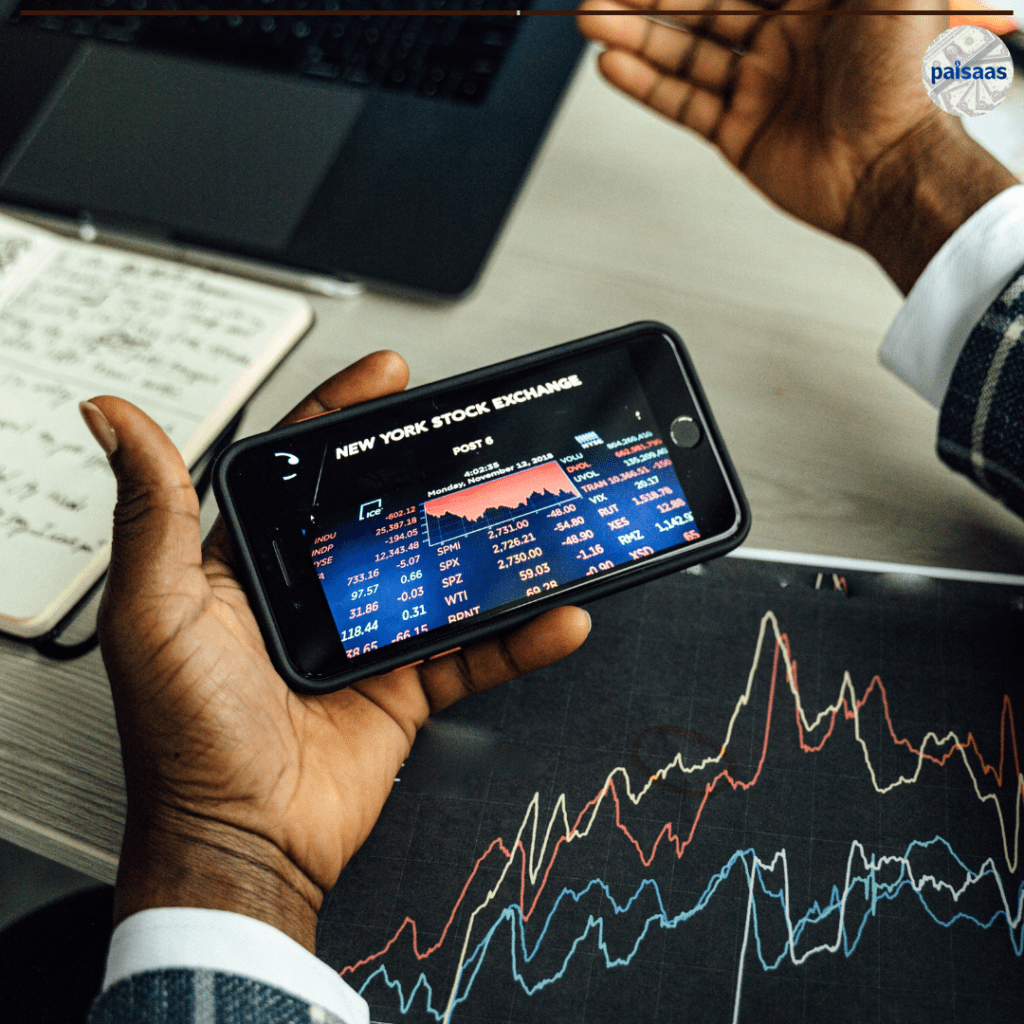

Unveiling the Psychology of Trading: Unraveling Cognitive Biases and Enhancing Trading Performance
Unveiling the Psychology of Trading: Unraveling Cognitive Biases and Enhancing Trading Performance
Trading in financial markets is a complex endeavor that requires skill, knowledge, and the ability to make rational decisions under pressure. However, human psychology often comes into play, leading traders to make irrational and suboptimal choices. Cognitive biases, deeply ingrained patterns of thinking, can significantly impact trading decisions and ultimately influence trading performance. Understanding these biases and their effects on trading behavior is crucial for traders seeking to improve their performance in the market.
One prominent cognitive bias that affects trading decisions is confirmation bias. Traders with confirmation bias tend to seek out information that confirms their existing beliefs or hypotheses while ignoring or downplaying contradictory evidence. This bias can lead to a distorted perception of market trends and an overemphasis on information that aligns with preconceived notions. As a result, traders may fail to objectively assess the risks and potential rewards of a trade, leading to poor decision-making.
Another cognitive bias that affects trading is overconfidence bias. Overconfidence bias refers to the tendency to overestimate one’s abilities and underestimate risks. Traders affected by this bias may take excessively risky positions or fail to adequately manage their portfolios. Overconfidence can lead to excessive trading, poor risk management, and increased susceptibility to market volatility. Recognizing and mitigating overconfidence is essential for maintaining a disciplined and strategic approach to trading.
Loss aversion is yet another cognitive bias that impacts trading decisions. Loss aversion refers to the tendency to strongly prefer avoiding losses over acquiring gains. Traders influenced by loss aversion may be reluctant to cut their losses and exit losing trades, hoping for a reversal in fortune. This can lead to holding onto losing positions for longer than necessary, resulting in significant losses. Overcoming loss aversion requires discipline and the ability to objectively assess the market conditions and cut losses when necessary.
Greed and fear, two powerful emotions, can also heavily influence trading decisions. Greed can drive traders to take excessive risks in pursuit of larger profits, while fear can cause them to exit potentially profitable trades prematurely. Emotionally driven decisions often lead to poor outcomes, as they are not based on a rational assessment of market conditions. Developing emotional intelligence and learning to manage greed and fear are vital for maintaining a balanced and objective approach to trading.
To enhance trading performance, it is crucial for traders to develop self-awareness and cultivate a deep understanding of their own cognitive biases. Recognizing and acknowledging biases is the first step towards overcoming them. Traders can employ various strategies to counteract biases, such as keeping a trading journal to track decision-making patterns, seeking feedback from trusted mentors or peers, and engaging in deliberate reflection and self-analysis.
Additionally, applying principles from behavioral finance and psychology can help traders make more informed decisions. By incorporating techniques such as setting predefined exit points, utilizing risk management strategies, and adhering to well-defined trading plans, traders can reduce the influence of cognitive biases on their decision-making process. Employing systematic and disciplined trading approaches can help mitigate the impact of biases and increase the likelihood of making rational and profitable trading decisions.
Furthermore, continuous learning and self-improvement are essential in the field of trading. Traders should dedicate time to study market trends, market psychology, and behavioral economics to gain a deeper understanding of the underlying factors driving market movements. This knowledge can provide valuable insights into market dynamics and help traders navigate the complexities of the financial markets more effectively.
Conclusion
In conclusion, unraveling the psychology of trading is a critical component of enhancing trading performance. Cognitive biases have a profound impact on trading decisions, often leading to suboptimal outcomes. By recognizing and understanding these biases, traders can implement strategies to mitigate their influence. Developing self-awareness, applying risk management techniques, and incorporating principles from psychology and behavioral finance can help traders make more rational and informed decisions. Ultimately, traders who master the psychology of trading stand a better chance of achieving consistent success in the dynamic world of financial markets.



